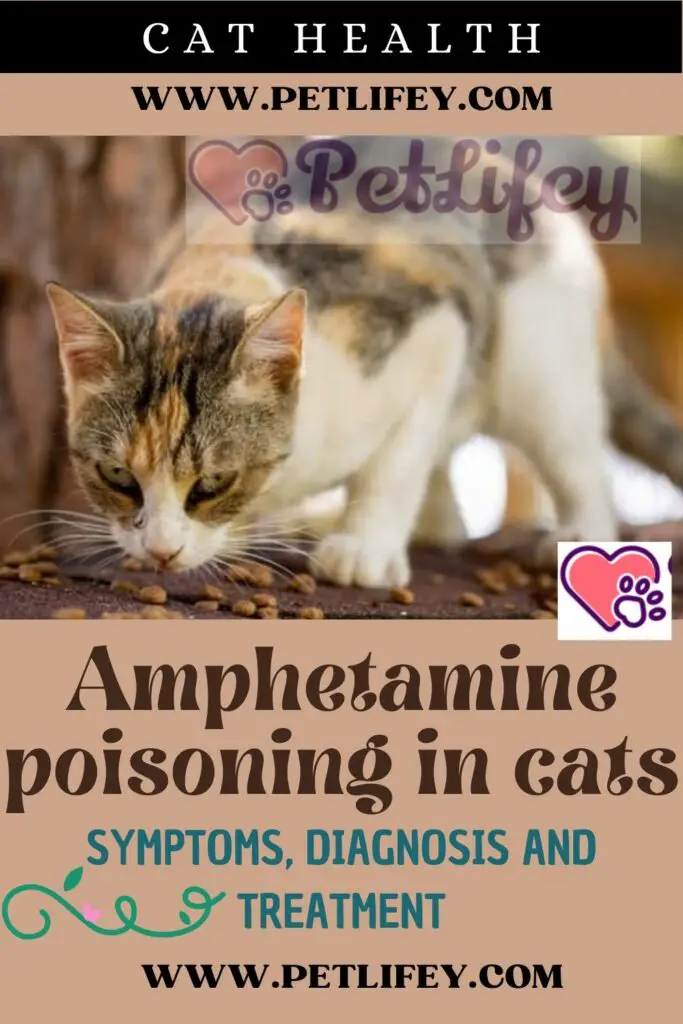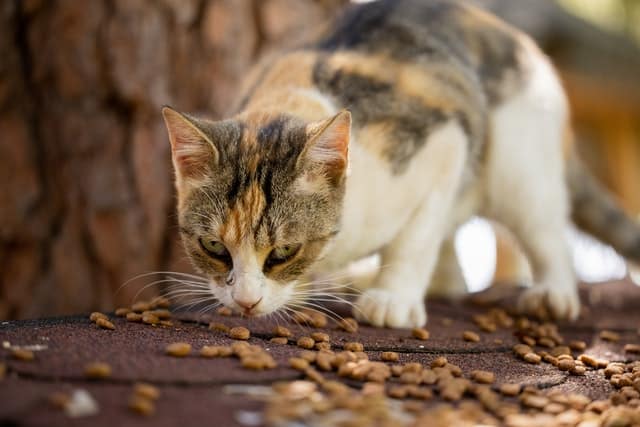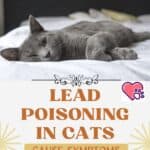
The cat is notoriously curious and greedy for this reason it can happen that it poisons itself. So among the various possibilities there is also amphetamine poisoning in cats.
Cat poisoning is a very sensitive issue on which it is important to be well informed to prevent possible poisoning and to know how to save a poisoned cat. It is good to remember that when it comes to poisoning cases, time is gold.
One of the cases that can occur at home is amphetamine poisoning, which are molecules used in human medicine to treat obesity, attention deficit hyperactivity syndrome in children and excessive sleep seen in narcolepsy. a prescription drug.
But if ingested by your cat, however, amphetamines can be very toxic. Amphetamine toxicity can occur in both cats and dogs.
Cause of amphetamine poisoning in cats
Most cases of amphetamine poisoning in cats are accidental, caused by pills that accidentally fall to the ground and are thus ingested by the cat, one of the most curious animals.
The feline can often also find and ingest drugs from pill bottles that are left on the benches and in other areas frequented by him, considering also with what remarkable agility and jumps they are able to move, nothing can stop them.
Symptoms of amphetamine poisoning in cats
The first symptoms appear within hours of ingestion by the animal and are:
- Restlessness;
- wheezing;
- hyperactivity;
- agitation / irritability / aggression;
- muscle tremors;
- feline convulsions ;
- increased heart rate;
- dilated pupils;
- high pressure;
- He retched;
- cat diarrhea.
Diagnosis and treatment

First, remember to collect a sample of the amphetamines that the cat has ingested and also any containers or labels that can help the vet identify the type of poison but also the quantities of toxic substances it is made of. The more information you have, the easier and faster it will be to treat our feline friend.
The veterinarian will subsequently examine the animal, the symptoms relatively compatible with the intake of amphetamines and always keeping in mind the clinical history of the animal. The presence of amphetamines in the body of the animal is easy to find through the cat’s blood tests, but unfortunately it is not possible to wait for the timing of the results, as it will be necessary to intervene first.
If you managed to act in time and then the cat has just ingested the amphetamines, you can try to make the cat vomit or by consulting your veterinarian, you can induce vomiting through certain medications. The most immediate and simple way, if the cat is found to swallow some poison or poisoned substance, is to make the cat vomit.
A homemade method of inducing vomiting is to put a couple of pinches of table salt on his tongue or have him drink a mixture of water and beaten egg whites, about a glass. Given the cat’s character, these operations are not easy to perform, but they are certainly useful for dealing with the emergency.
Coal will also be used, which will have the function of absorbing the poison in the stomach. Subsequently, now in the hands of experts, your veterinarian will provide a gastric lavage and to dilute the toxicity he will begin a fluid therapy to drain and rehydrate the animal.
Cooling measures may be needed if the cat’s body temperature rises to dangerous levels and given sedatives and / or anticonvulsants to control seizures and reduce nervous system stimulation.
Additionally, you will need to monitor your blood pressure and body temperature, do kidney function tests (they need to be closely monitored in amphetamine-poisoned cats), and monitor your cat’s blood chemistry results.
Prognosis depends on the severity and duration of the clinical signs. Uncontrolled seizures can cause trauma, hypoxia, hyperthermia or cerebral edema, even if in principle a cat saved in time, once he returns home having had all the necessary treatments, will be enough to find himself in his calm and relaxing ambiance to return yours friend of all time.
Logically, as anyone who lives at home with a cat knows, is that the best prevention, considering that these furry friends are able to jump on beds, tables and pantries, is to hide medicines in places where it is really impossible for them to reach.






